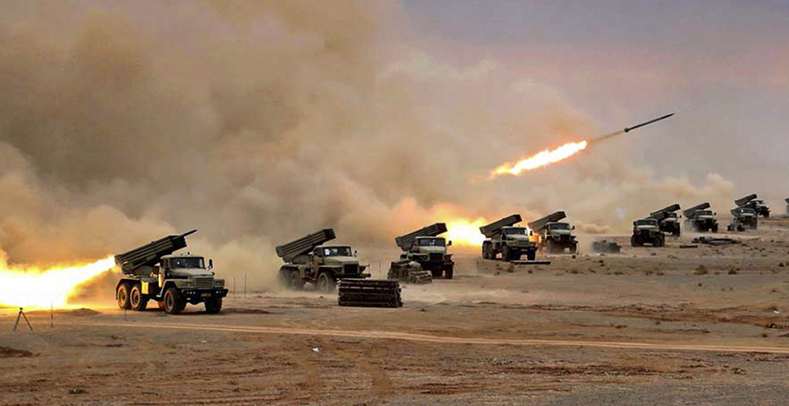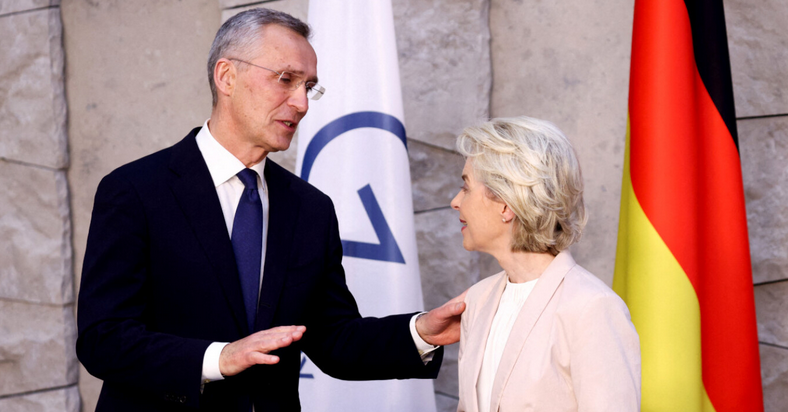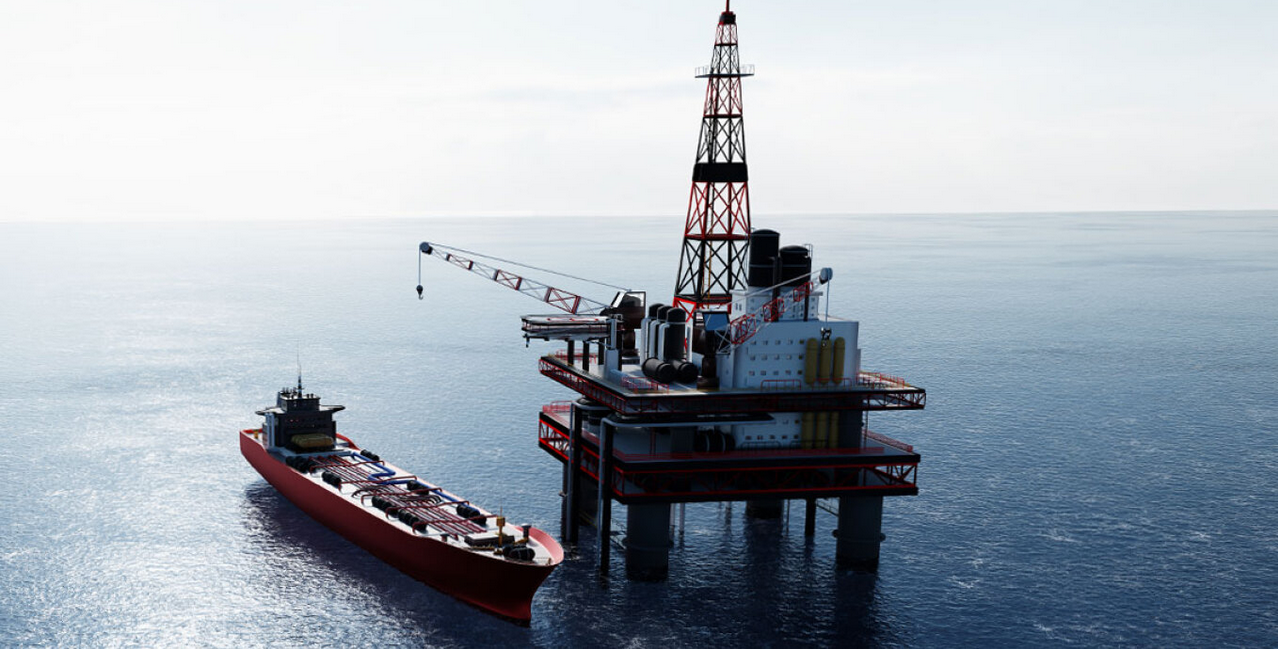We live in perilous times, right? Wars threaten, chaos abounds, doom lurks…
Actually, no. We live in more or less normal times, even if the daily news makes it seem like apocalypse is always around the corner. In fact, there’s a remarkable amount of stability that keeps economies chugging along and living standards intact.
Citi researchers recently examined more than 100 years of geopolitical developments to assess where we stand now and what degree of risk global investors face. Their conclusion: Things aren’t too shabby.
“A common perception is that geopolitical shocks are becoming more frequent and severe,” a team led by Citi global chief economist Nathan Sheets wrote in a new report. “We find little support for this view. The world has seen an increase in geopolitical pressures in the 2020s compared with the relatively benign 2010s, but such pressures are hardly elevated relative to many previous decades.”
This might seem counterintuitive, given that Russia and Ukraine are fighting the biggest war in Europe since World War II while Israel and Iran have been openly bombing each other for the first time ever. Analysts warn of a new cold war pitting the West against a new “axis of evil” that includes Russia, Iran, China, and North Korea. Here at home, the portion of Americans who think the nation is going in the wrong direction is at generational highs.
Business Insider: Turkey may soon put its controversial Russian S-400 air defenses in operation
The data isn’t nearly that negative, however. Citi highlights a “geopolitical risk index” devised by Federal Reserve economists Dario Caldara and Matteo Iacoviello to measure current conditions in historical context. Their methodology includes detailed searches of English-language media going back to 1900 meant to capture references to wars and other crises that disrupt normal economic activity.
Not surprisingly, geopolitical risk spikes the most during massive wars, with World Wars I and II setting the upper bound for the risk index. Other events that caused unusually high risk during the past 124 years are labeled on the following chart.
Continue here: yahoo




































